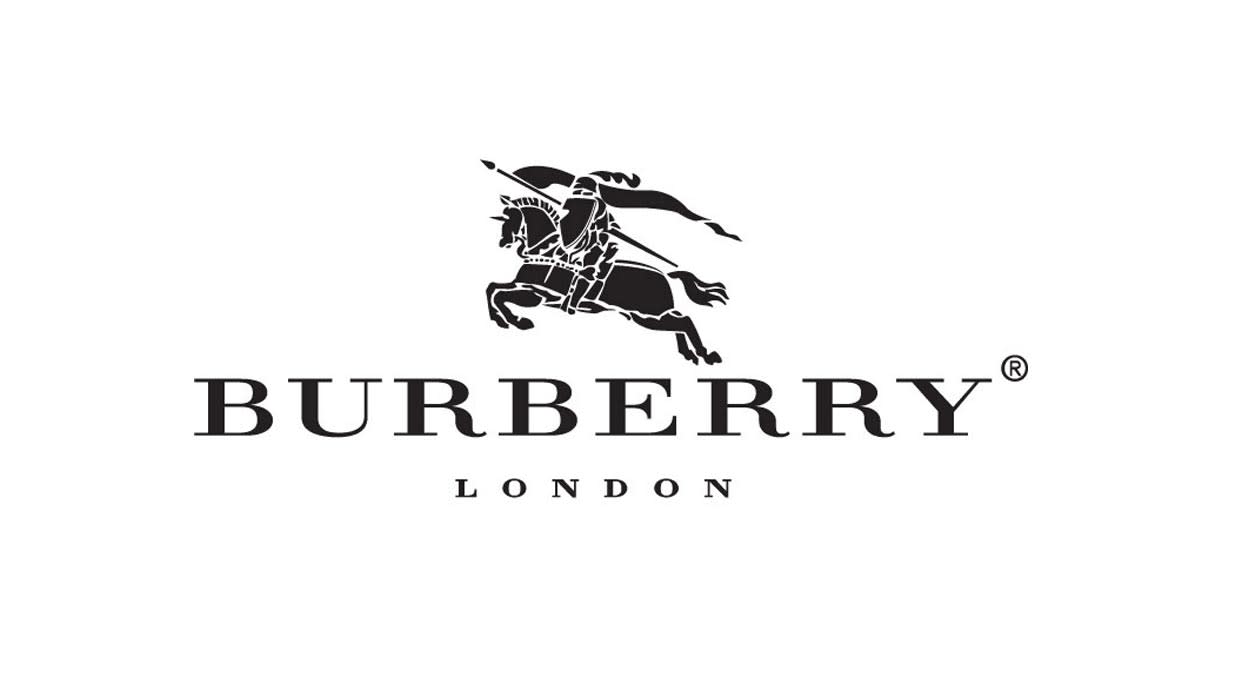Burberry’s full year revenue was flat, ignoring the effect of exchange rates, coming in at £3.0bn. This was broadly in-line with downgraded guidance and reflected a slowdown in luxury demand. Mainland China saw weakness in the fourth quarter, while the America’s revenue was down 12% for the year.
Together with higher costs, this meant underlying operating profit fell 25% to £418mn. Free cash flow fell to £63mn from £393mn. Net debt more than doubled to £1.1bn, with leverage now higher than Burberry’s target range.
Conditions are expected to remain challenging in the first half of the new financial year, and the group is planning to realise cost savings in a bid to protect profits.
A full year dividend of 61p per share was announced, in-line with last year.
The shares fell 1.6% following the announcement.
Our view
Slowing trends are being seen across the board in the luxury sector, so these weaker results aren’t a total bolt from the blue. Burberry is seeing a broad-based decline in the US in particular, and this is very closely related to consumer caution in an uncertain economic climate.
There isn’t too much Burberry can do about that. But there are some Burberry specific challenges. Refreshing the store estate is all well and good, but only if those costs and charges can be recouped by selling the clothes they hold. While Burberry’s brand repositioning has come a long way, it’s not yet sharp enough to slice through to the core of the even more resilient end of the luxury market.
There remains considerable uncertainty about near-term demand, so much so, that cost savings are being deployed to prop up profits. This can’t go on forever.
Burberry is in a hostile trading environment, but that doesn't mean hope is lost. In fact, we've been pleased with underlying progress.
The wider European region is faring relatively well, and new products and ranges have been well received, with the important Leather Goods and Outerwear categories performing. More broadly, important tourist travel spending from Asian visitors to other regions had been gaining strong momentum.
We still think Burberry's doing a lot of the right things behind the scenes. It's worked to elevate the brand, investing in products and improving distribution. There's a new CEO, CFO and creative leadership leading the charge.
Elevating the brand will pay dividends in the form of higher prices and stickier customers. The further up the luxury ladder you go, the fewer customers tend to be swayed by economic ups and downs, including when money in the bank is losing its value faster than normal. So, while there is weakness coming through, luxury players are still in a better position than traditional retailers, especially where demand from ultra-high net worth customers is concerned.
Despite the recent increase, the group's balance sheet is in reasonable health, with net debt not overly worrying as a proportion of cash profits (EBITDA). That provides the fuel for store and product investment and means the group is comfortable enough to maintain shareholder returns. Dividends are back, and currently at a higher level than pre-pandemic. No shareholder returns are ever guaranteed – and that’s especially true in the current environment.
The short-term remains fraught with some real challenges and uncertainty. The valuation has come down some way which reflects this, and may not fairly represent the strength of the group’s brand and opportunity. Please remember all share prices can go down as well as up.
Burberry key facts
All ratios are sourced from Refinitiv, based on previous day’s closing values. Please remember yields are variable and not a reliable indicator of future income. Keep in mind key figures shouldn’t be looked at on their own – it’s important to understand the big picture.
This article is not advice or a recommendation to buy, sell or hold any investment.No view is given on the present or future value or price of any investment, and investors should form their own view on any proposed investment.This article has not been prepared in accordance with legal requirements designed to promote the independence of investment research and is considered a marketing communication.Non - independent research is not subject to FCA rules prohibiting dealing ahead of research, however HL has put controls in place(including dealing restrictions, physical and information barriers) to manage potential conflicts of interest presented by such dealing.Please see our full non - independent research disclosure for more information.


